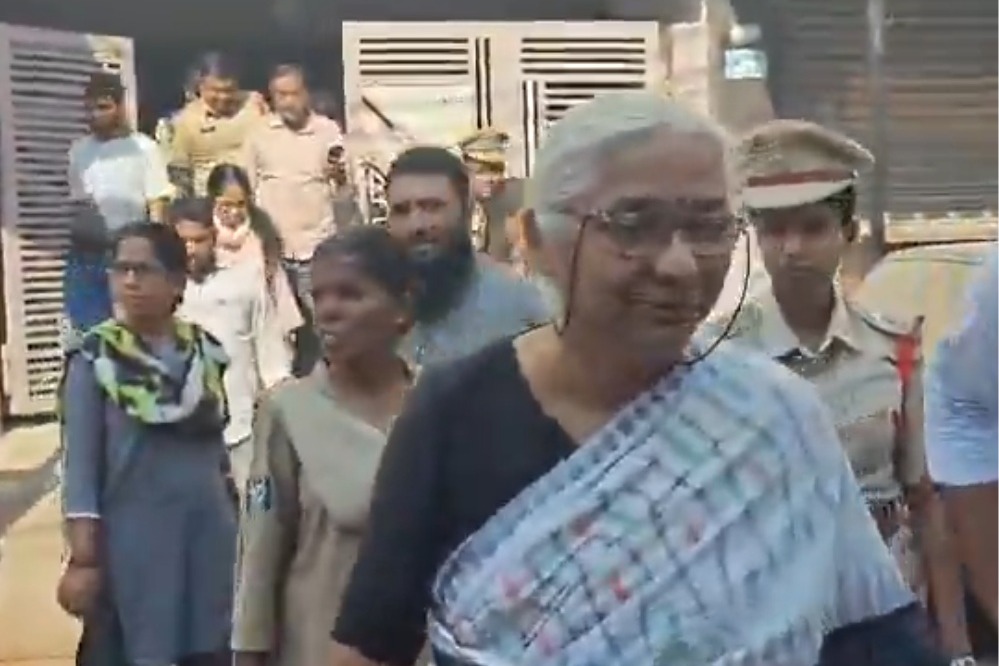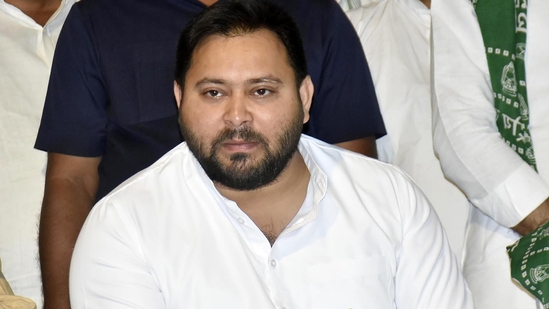3rd Sujit Mukherjee Memorial Lecture at CCL, University of Hyderabad
3rd Sujit Mukherjee Memorial Lecture at CCL, University of Hyderabad
The Centre for Comparative Literature, School of Humanities, University of Hyderabad organised the 3rd Sujit Mukherjee Memorial Lecture held at School of Humanities’ Auditorium, University of Hyderabad, on Friday, 12th February 2016. Sujit Mukherjee was a prolific writer, translator and comparatists. His contribution in the field of Translation Studies and in the historiography of Indian Literature is highly acclaimed. Beside his academic works, his elegant writings on cricket also stand testimony to the ecumenical temperament of this Indian scholar. Centre for Comparative Literature took this initiative of organizing this memorial lecture every year by a noted academician in 2014. This year, CCL is organizing this event for the third time. The first Sujit Mukherjee Memorial lecture (2014) was delivered by the renowned comparatist, translator and creative writer, Nabaneeta Dev Sen on “Translations and Multilingualism”. Prof. Indra Nath Choudhuri, an eminent academician, writer and cultural administrator delivered the second Sujit Mukherjee Memorial Lecture (2015) on the “The Idea of an Indian Literature”.
Roman';color:#00000a;background-color:transparent;font-weight:400;font-style:normal;font-variant:normal;text-decoration:none;vertical-align:baseline;">The speaker for this year was Prof. Sukanta Choudhury, a Professor Emeritus at Jadavpur University, Kolkata. Prof. Choudhury, is a well-known litterateur and had been engaged in a number of landmark scholarly works. He has written widely on English Literature and translations, and has taught at many places like Presidency College (now as Presidency University) and Jadavpur University, Kolkata. He is acclaimed for his work of digitization at the School of Cultural Texts, Jadavpur University. He has also extensively worked on English and Bengali renaissance studies. His lecture was titled “My Tagore, Your Tagore: Translation and Textual Identity”.
Prof. Tutun Mukherjee, the Head of the Centre for Comparative Literature welcomed and introduced the event. She expressed her deep respect for Sujit Mukherjee and pointed out how Sujit Mukherjee thought of practicing Comparative Literature in India with an indigenous methodology different from Western mode of reading Comparative Literature. Prof. Pramod K. Nayer, a distinguished professor of English introduced the life and contribution of late Sujit Mukherjee both as an academician and other roles by charting the range of Sujit Mukherjee’s scholarly interests spanning disparate fields from translation to sports and other kinds of writing.
Prof. Sukanta Choudhury started his talk by paying tribute to late Sujit and Meenakshi Mukherjee whom he knew and met several times. During his talk he discussed many works on Rabindranath Tagore, focusing on the difference in style and language of Tagore's English and Bengali poems. After discussing various technical aspects of Tagore’s writing, Prof. Choudhury demonstrated that difference between various versions of a literary work is not peculiar to Tagore but is widespread in world literature across the ages. He gave example from other classical literary traditions like Latin and Greek. He talked of Dante, Homer, Virgil and their works. Later, he moved to English Literary world. He discussed Shakespeare and other English writers. He focused on metaphor and other literary devises of different writers. He discussed about Shakespeare’s Hamlet and its various adaptations in various forms. He talked of A Midsummers Night’s Dream - another play by Shakespeare and its transformation in the various translated versions around the world.
After discussing these writers and their classic texts, during the last part of his talk, Prof. Choudhury tried to connect with the contemporary world of machine and internet. The issue of copyright also came in. From Persian to modern Turkish language and literature and much more, Prof. Choudhury brought many literary fields, ages, writers in a single frame. The lecture followed by scholarly responses from the audience. The formal vote of thanks was followed by tea and snacks.AIMIM News
Latest Urdu News
Most Viewed
Do you think Canada-India relations will improve under New PM Mark Carney?

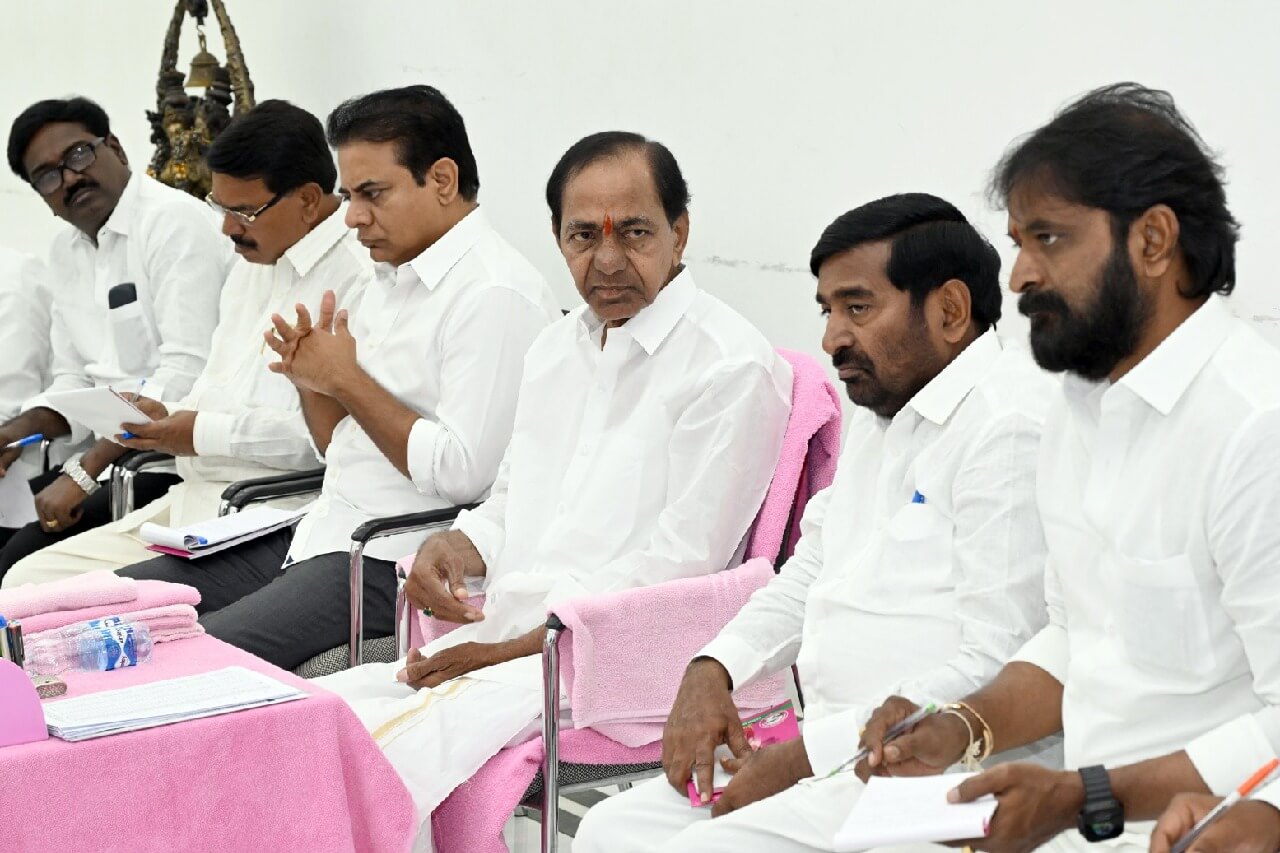
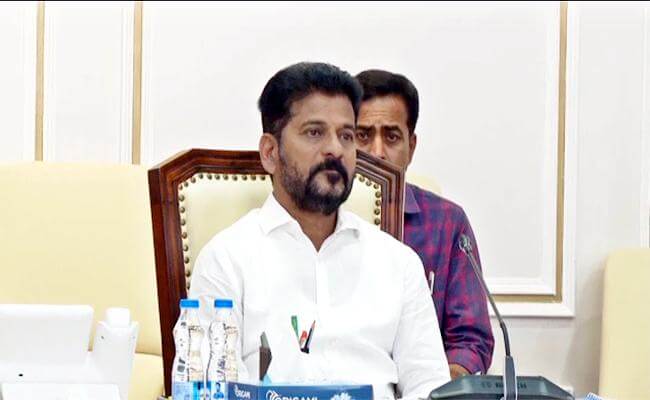
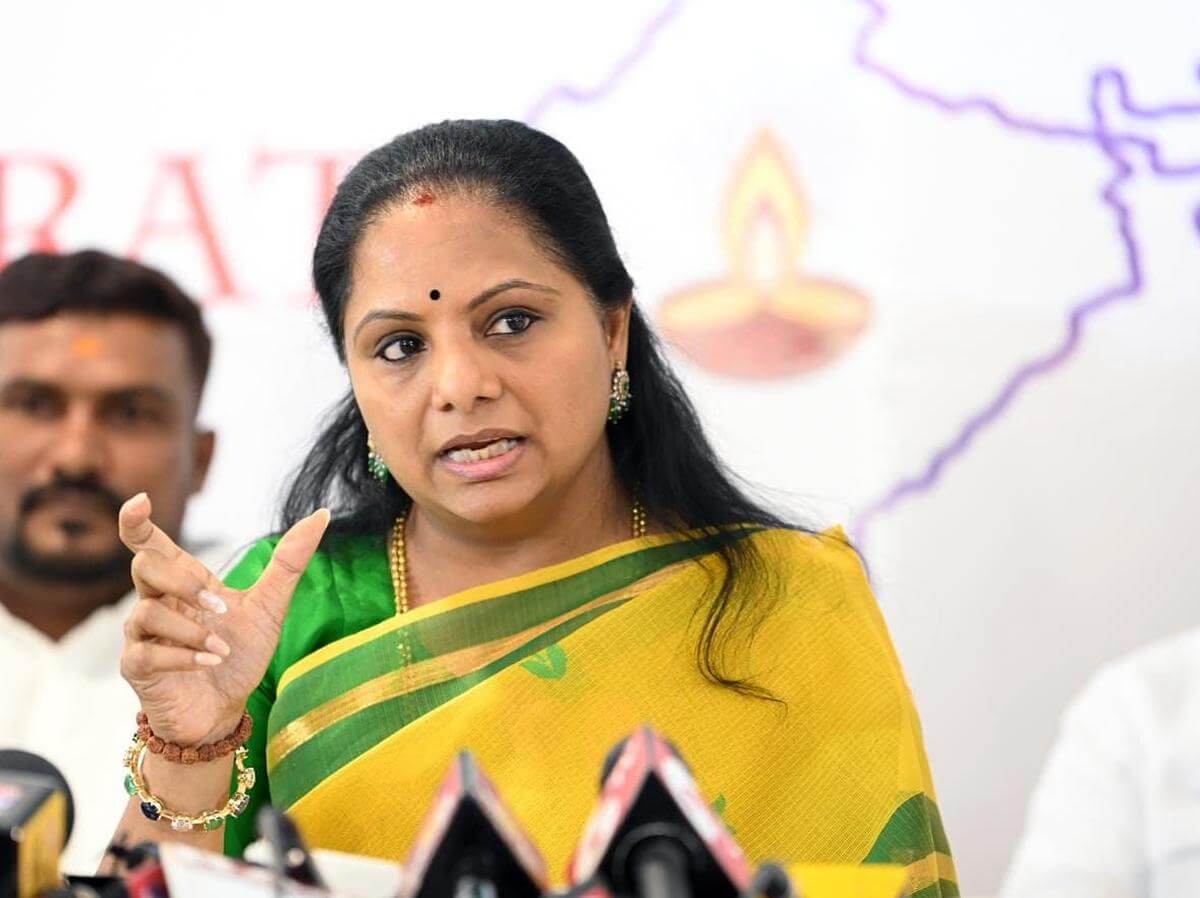
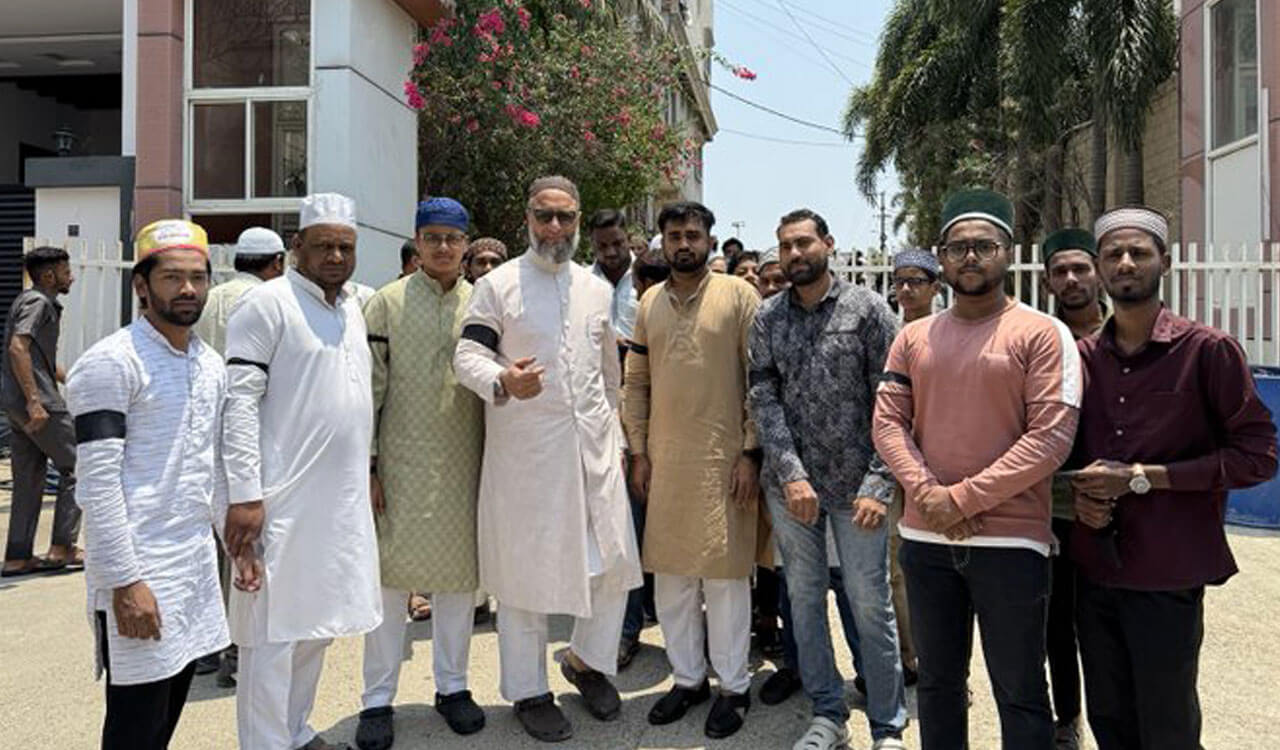
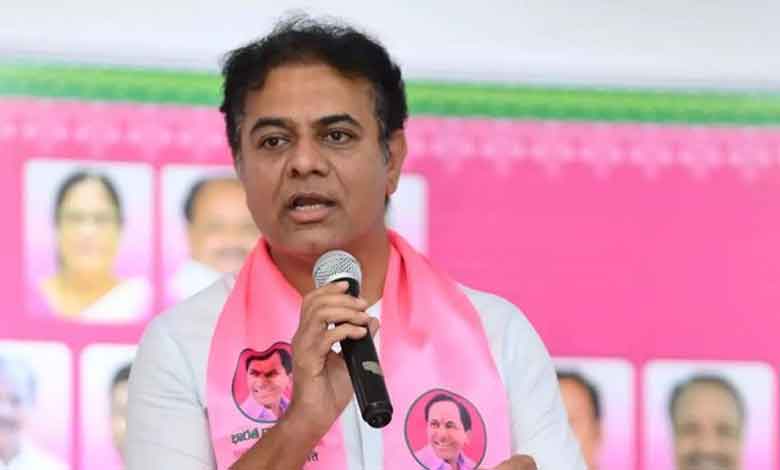

.jpg)
.jpg)
.jpg)
.jpg)
.jpg)
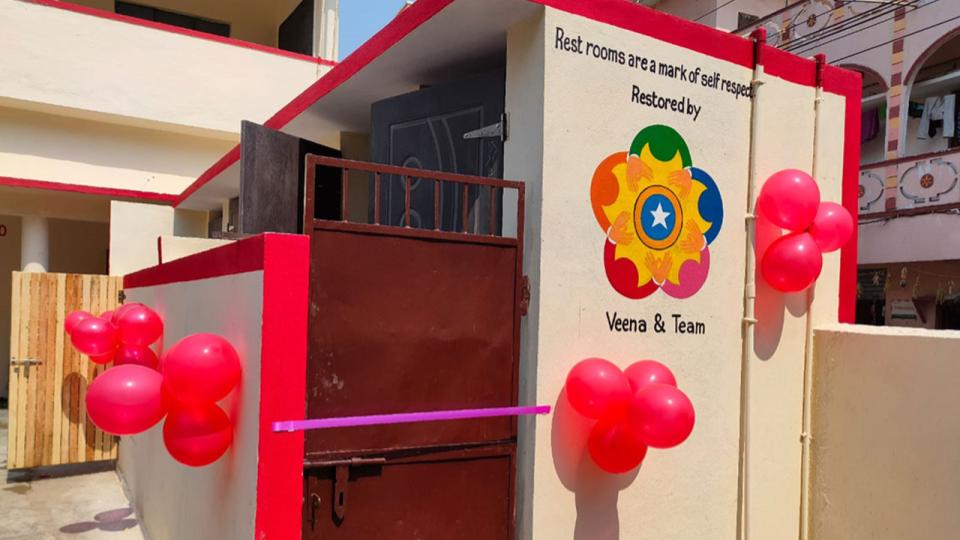
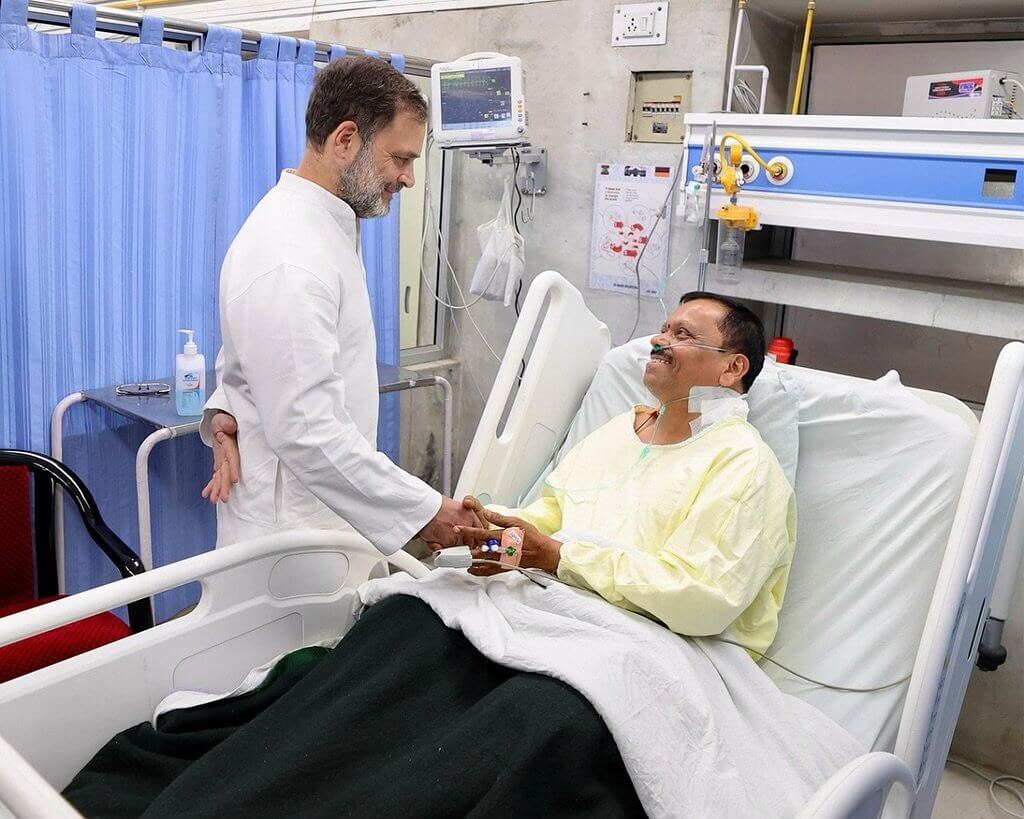
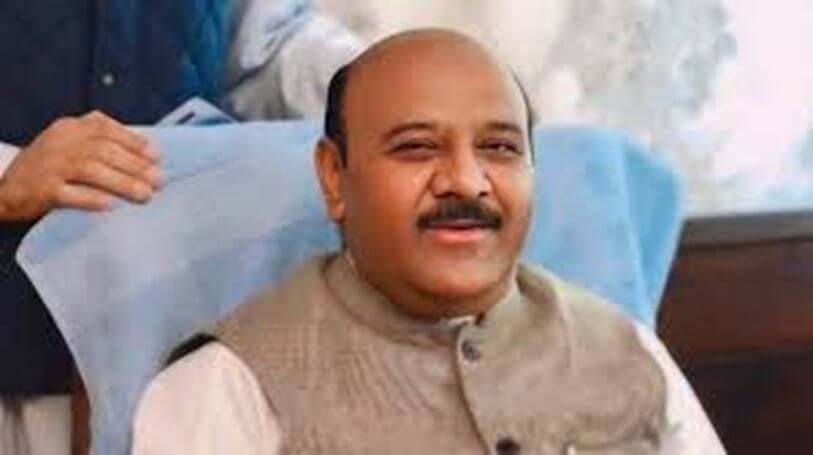

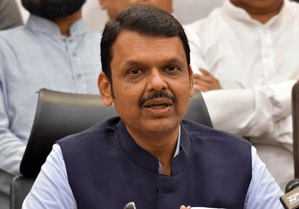
.jpg)
.jpg)
.jpg)
.jpg)
.jpg)
